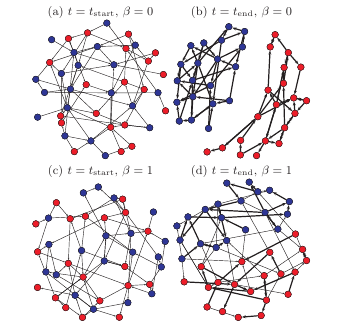Coping with information overload through trust-based networks
Frank Edward Walter, Stefano Battiston and Frank Schweitzer
Managing Complexity: Insights, concepts, Applications (2008)
Research: Reputation Trust Cooperation
Abstract
Over the recent decade, the Internet has conquered people’s homes and life: they pursue an increasing amount of activities on the World Wide Web and this has fundamentally impacted the lifestyle of society. For example, people use their computers for communication with others, to buy and sell products on - line, to search for information, and to carry out many more tasks. Along this development, so far unknown ways of marketing, trading and information sharing are booming. This situation is made possible by a set of related emerging technologies centred around the Internet – just to mention a few: collaborative work and information sharing environments, peer - to - peer networks, and rating, recommendation, and reputation systems. At the economic level, the impact of these technologies is already very high and it is expected to grow even more in the future. The Internet has become a social network, “linking people, organisations, and knowledge” [2] and it has taken the role of a platform on which people pursue an increasing amount of tasks that they have usually only done in the real - world. An approach looking at these emerging technologies and their effects from a complex systems perspective can, as wewill show in this chapter, be very useful.

